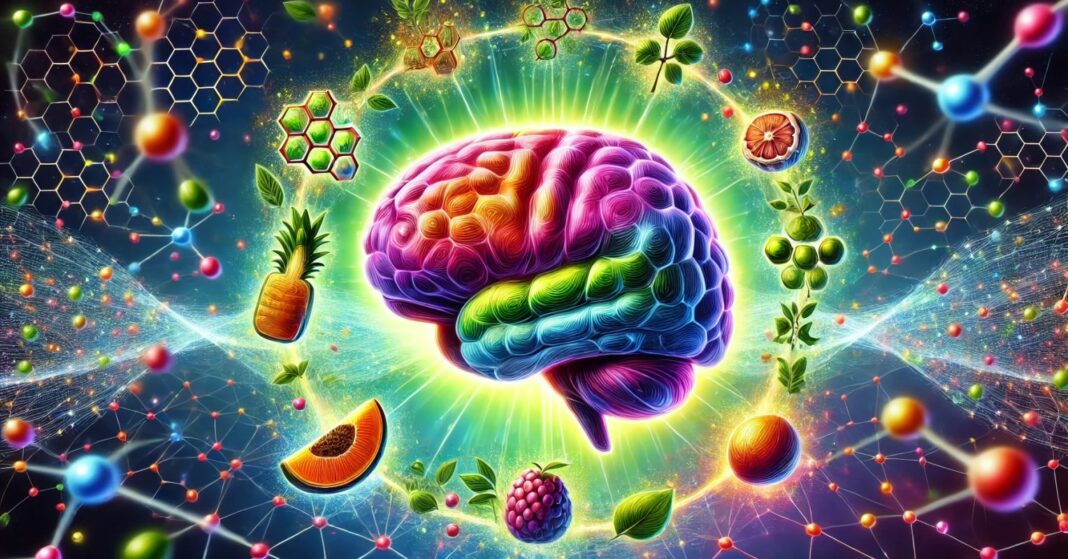Do These Plant Nutrients Slow Brain Aging?
Introduction
As we age, maintaining cognitive function and brain health becomes increasingly important. Recent research has suggested that certain plant nutrients may have a protective effect against brain aging, potentially slowing down cognitive decline. In this article, we will explore the impact of these plant nutrients on brain health and aging.
Plant Nutrients That Support Brain Health
There are several plant nutrients that have been found to support brain health and potentially slow down the aging process. Some of the key nutrients include:
1. Antioxidants
Antioxidants are compounds that help protect the brain from oxidative stress, which can contribute to age-related cognitive decline. Foods rich in antioxidants include berries, dark leafy greens, and nuts.
2. Omega-3 Fatty Acids
Omega-3 fatty acids, found in fish, flaxseed, and walnuts, have been linked to improved cognitive function and a reduced risk of dementia. These fatty acids are important for maintaining the structure and function of brain cells.
3. Curcumin
Curcumin, the active compound in turmeric, has been shown to have anti-inflammatory and antioxidant properties that may protect the brain from age-related damage. It has also been studied for its potential to improve memory and cognitive function.
4. Flavonoids
Flavonoids are a group of plant compounds found in fruits, vegetables, and tea that have been associated with a lower risk of cognitive decline. These compounds have anti-inflammatory and antioxidant effects that may help protect the brain.
Research on Plant Nutrients and Brain Aging
Several studies have investigated the impact of plant nutrients on brain aging and cognitive function. A meta-analysis published in the Journal of Nutrition, Health & Aging found that a diet high in antioxidants, omega-3 fatty acids, and flavonoids was associated with a reduced risk of cognitive decline in older adults.
Another study published in the Journal of Alzheimer’s Disease found that curcumin supplementation improved memory and attention in older adults with mild cognitive impairment. The researchers concluded that curcumin may have potential as a preventive or therapeutic agent for cognitive decline.
Conclusion
While more research is needed to fully understand the relationship between plant nutrients and brain aging, the evidence suggests that incorporating a variety of nutrient-rich plant foods into your diet may help support brain health and potentially slow down cognitive decline. Antioxidants, omega-3 fatty acids, curcumin, and flavonoids are just a few of the plant nutrients that have shown promise in protecting the brain from age-related damage.
FAQs
Q: Can plant nutrients reverse brain aging?
A: While plant nutrients have been shown to have a protective effect against brain aging, they are not a cure-all. It’s important to maintain a healthy lifestyle overall, including regular exercise, adequate sleep, and stress management, to support brain health as you age.
Q: How can I incorporate more plant nutrients into my diet?
A: To increase your intake of plant nutrients, focus on a diet rich in fruits, vegetables, whole grains, nuts, seeds, and legumes. Try incorporating a variety of colorful fruits and vegetables into your meals to ensure you’re getting a wide range of beneficial nutrients.
Q: Are supplements a good way to get plant nutrients?
A: While supplements can be helpful for filling nutrient gaps in your diet, it’s always best to get nutrients from whole foods whenever possible. Supplements may not provide the same synergistic effects as whole foods and can sometimes be less effective or even harmful in high doses.




